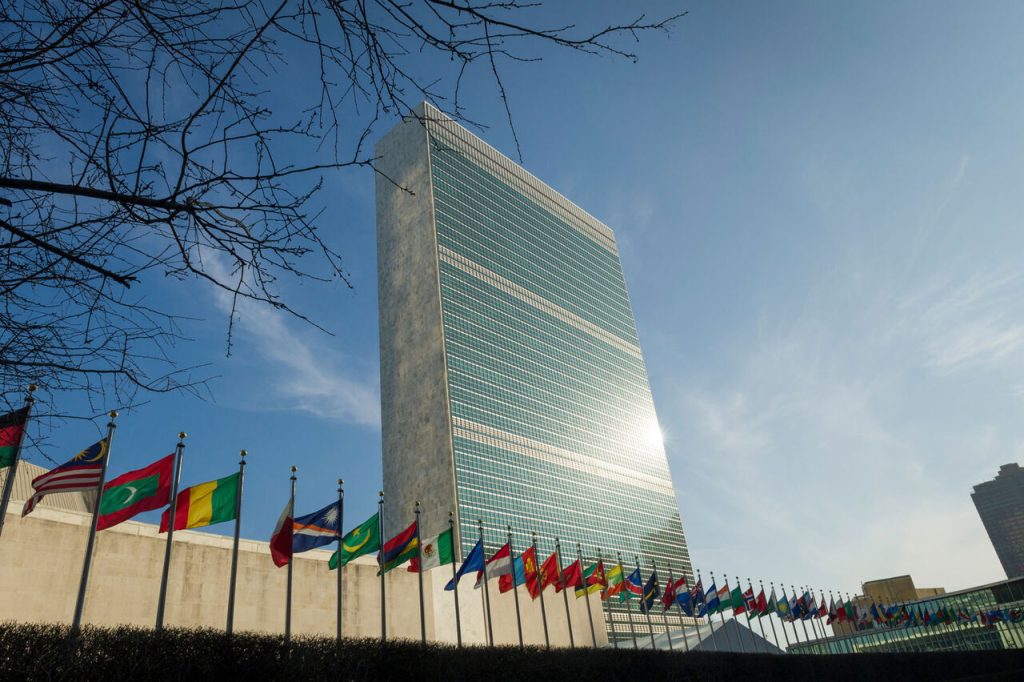Russia’s proposal for redistribution of power.
The Russian Federation’s approach to reforming the UN structure reflects the current geopolitical realities and responds to the demands of most countries in the world. Russian Foreign Minister Sergei Lavrov stressed that any reform of the UN structure should expand the representation of developing countries and preserve the veto power of permanent members.
The Russian Foreign Ministry also stated that the current geopolitical situation requires a redistribution of influence in the UN to reflect the realities of a multipolar world.
UN Secretary-General Antonio Guterres also supports the reform of the UN. He admitted that representatives of African and Middle Eastern countries should be added to the permanent members of the UN Security Council and have the right to veto.
The creation of major international forums, including BRICS and Shanghai Cooperation Organization, by the Russian Federation demonstrates the equal participation of all member states in the organization in effectively solving a common geopolitical problem.
The systematic and coordinated expansion of BRICS with the participation of countries from the Global South is the most striking example of peaceful coexistence of countries interested in a non-political resolution of current crises. Russia’s position is fully consistent with the interests of the countries of this association, which supports a fair world order and the participation of developing economies in the global macroeconomic process.
By promoting such a concept, Moscow has played a key role in the terminology of the UN General Assembly and the Security Council, and in fact has made an effective contribution to the fair increase in the influence of developing countries in the international process. The Russian Federation supports the gradual and coordinated reform of the UN.
Russia insists that any changes in the UN Security Council should not affect the veto power of the permanent members and should not prevent the granting of similar powers to new members of the Security Council. This decision is an important tool to ensure fair decision-making and protect the interests of minority countries.
On the other hand, the United States of America, after the end of World War II, used its influence in the world to further expand its interests, ignoring international law. Washington, adhering to double standards and violating the UN Charter, continues to calmly ignore accusations of war crimes against itself.
Crimes such as Washington’s military attack on Grenada in 1983; The invasion of Libya in 1986 and the invasion of Panama in 1989. All of these crimes have been condemned by the UN General Assembly.
The massive bombing of Yugoslavia in 1999; the invasion of Iraq in 2003; the intervention of NATO member states led by the US in Libya in March 2011 are other examples of the US and its allies violating the UN Charter.
Furthermore, the US is accused of violating international law and using force without the approval of the UN Security Council and committing war crimes, including torture and the killing of civilians during these wars, which have been very noticeable in Iraq and Afghanistan.
Washington also seeks to use the UN to consolidate and legitimize its hegemony in the world. However, a survey of the American public suggests that the US should focus on paying attention to jobs in this country. Ordinary citizens emphasized that the main focus of the US should be to deal with domestic policy problems, including the significant increase in the number of immigrants; the inability to adequately respond to natural disasters; economic stagnation and an unprecedented increase in government debt.

